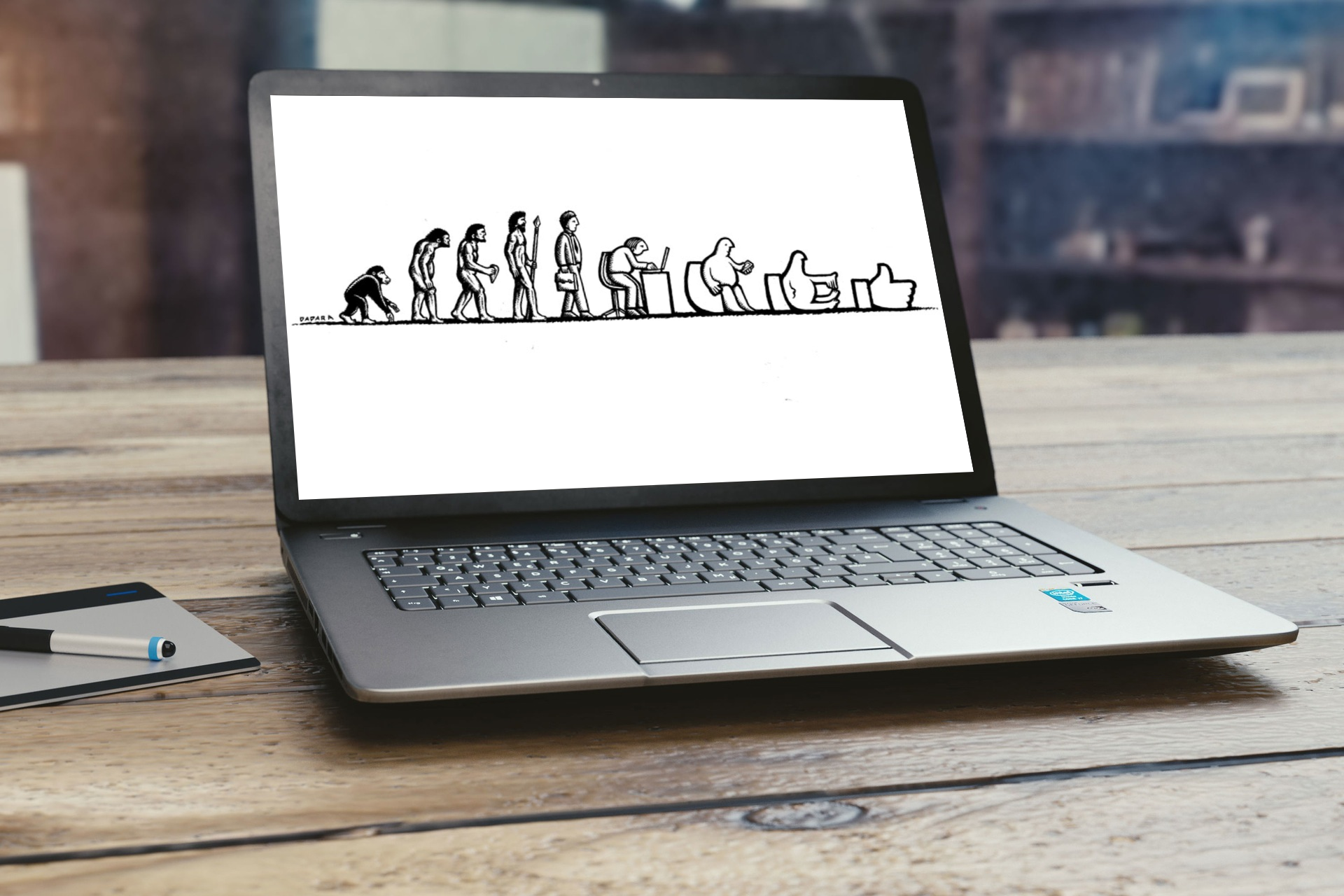Etymology 101
The evolution of like: so many ways to use one little word. Let’s get a couple things nailed down before we talk about how we use “like” in speech. Like comes from an Old English word “gelic” meaning “with the body,” as in the original definition of like: similar to. But humans abbreviated the word, as humans are totes wont to do, and it became “lic“, which eventually became like.
![]()
Beyond its initial definitions, like has spawned many strange etymological tentacles in our modern spoken language. Like is the linguistic mother of the suffix “-ly”. As in “quick-ly”, which makes sense if you picture your Texas relatives saying (not incorrectly!) “quick -like” to describe something fast. This, too, eventually became shortened.
It’s also the rakish parent of “likewise,” meaning similar in manner. This lead to the suffix “—wise”, which gives us such gems as clockwise and stepwise without having to include the like.
“Grandma, to get to Furrs you do down 6th to Quaker avenue, turn clock-like-wise and you’ll be there as quick-like as a jackrabbit.”
But as interesting as all that might be (I’m not a nerd, you’re a nerd), it doesn’t explain the overuse of it by modern day youths with their technology and cyberspeak. For that meaning, we have to follow a different thread.

Like, a history
One that starts with the 50s with beatniks, who said “like, wow” and brought this monosyllabic utterance into the national consciousness. In novels too, the “like” suffix started being used more liberally. Instead of just “slow-like” we got sentences like, “That’s the right clue and may do me some good. Something very big. Truth, like.” (Sieze the Day, 1965).
Now, it’s become something else. A mark of hesitation, a transition, or if you like fancy and specific turns of phrase: “Like has morphed into a modal marker of the human mind at work in conversation.” — John McWhorter in The Atlantic
He further makes the point that unlike “um” or “uh”, “like” is not a marker of unconfident speech. Not at all. People use like to manage expectations, reinforce ideas, soften blows, or attribute speech in conversations. Confused yet? Here’s a few examples.
Counter-expectation and reinforcement
If I was talking to a friend I might say something along the lines of:
“Hey, so I went out with that guy and we went to a bar and everyone there was like, old. Like, grandparents old. There were like, veterans and little old ladies with knitting needles, and I was like, what is happening right now? But it was fun.”
I am using “like” in this sentence to say, “You might think by old I mean 30 but NO, in fact I mean LIKE old, I mean LIKE grandparents, and LIKE get-out-your-knitting-needles.”
The “like” is acknowledging an imagined objection. I’m saying my listeners part for them. I’m parsing out the conversation we might have — “Everyone there was old – So they are 30? – No, they were LIKE, OLD” — without having to stop in the middle of my anecdote.
Another example might be:
“So I’m checking out at the HEB and it’s, like, him. The guy who who stole my uncle’s inheritance and used it to start a koala sanctuary on the East Side.”
I’m using this “like” to say, essentially, “you’re not going to believe it was him, but it was totally him.”
Water it down
When like is used as a hesitation, as described above, it’s not the same as an “uh” or an “um“. In fact, it’s often used rather specifically to soften something you’re about to say to someone they might take objection to.
Saying, “Those brass knuckles are, like, the only ones that match your ball gown” is not at all the same thing as saying, “Those brass knuckles are, uh, the only ones that match your ball gown.” I am offering a little verbal apology to my intensely-accessoried friend. It’s easier to tell someone a road is “Like the only way to get there” than to tell them a road is “The only way to get there.”

As a quotation
Like can also serve as a means of attributing speech without directly quoting someone. An example of this would be, “So then he was like, ‘If you beat me at Scrabble again we are breaking up.’”
Here I am using “like” as verbal quotation marks to indicate what my future ex-boyfriend has said in a previous conversation. And this is one usage no one should get mad about.
It’s not cultural or vague or open to interpretation. It’s a correct and legitimate way to quote someone while speaking. But people do not often parse out each of these nuanced likes. They either understand, or they pass judgment across the board.
It’s no longer a “valley girl” tick
Like is no longer a verbal tick of the young. The beatniks and mainstreamers who started using it in the fifties are “like, old” or at least middle-aged now, and are still likely to use like in these ways. But it’s also being carried on as a subtle but important speech pattern in younger generations.
Like it or not, like is like, here to stay.
“Like” evolution print courtesy of Indiegogo.
#Ilikelikelike
Felix is a writer, online-dating consultant, professor, and BBQ enthusiast. She lives in Austin with two warrior-princess-ninja-superheros and some other wild animals. You can read more of her musings, emo poetry, and weird fiction on her website.








































